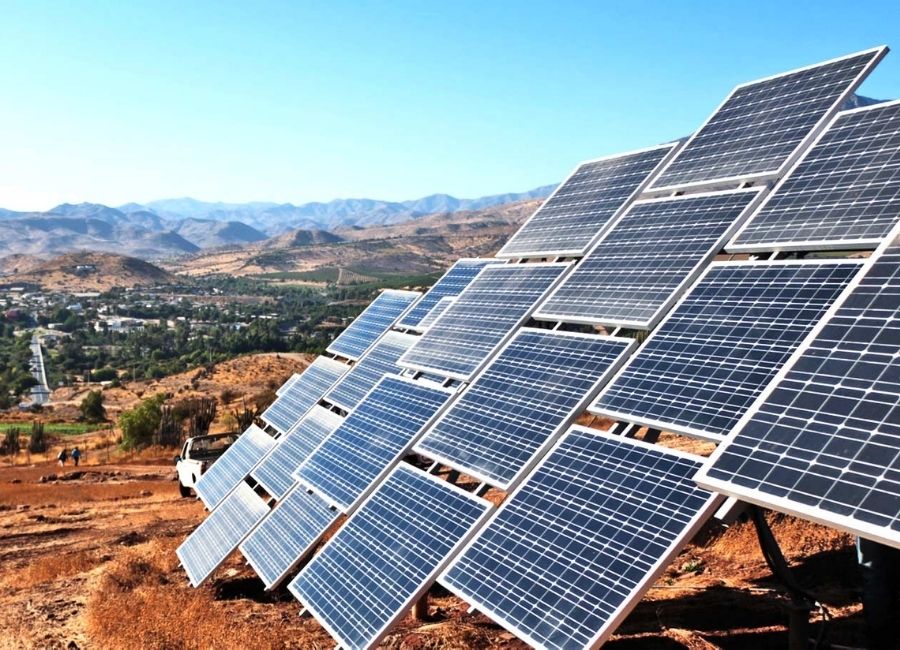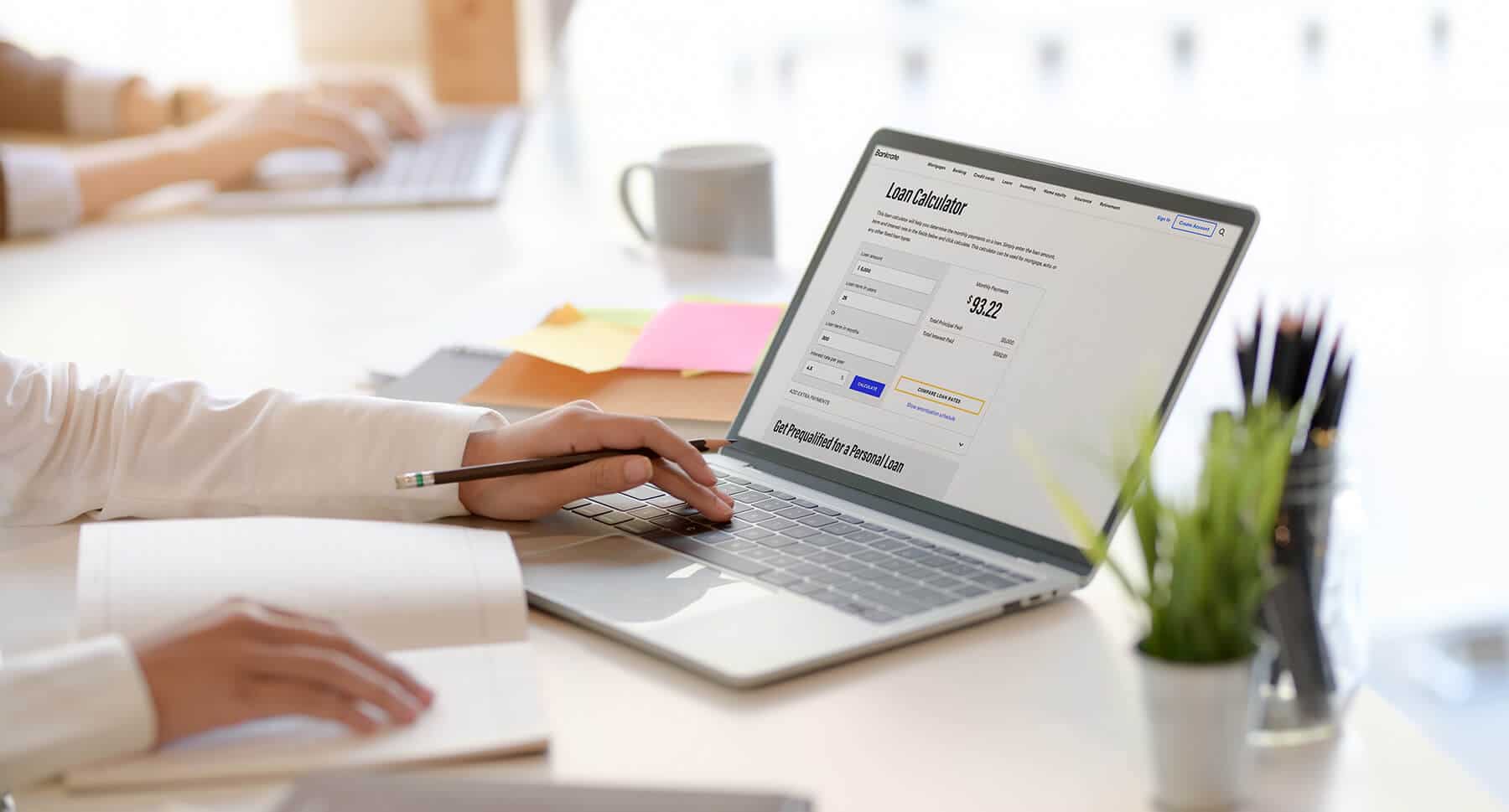
While solar panels are an excellent way to generate energy and reduce your electric bill, they can be quite expensive. Consider the cost of solar panels, as well as your options for financing and leasing. Energy Sage's instant estimate calculator makes it easy to calculate the upfront costs and savings. Millions of Americans are interested in going solar. Homes with solar panels sell 20% faster than homes without them and can fetch 17% more. You could easily recoup your investment if you ever sell your home.
Alternatives for paying upfront for a system of solar panels
A solar loan can be an option for those who don't want to spend the full cost of the solar panel system upfront. Although this was a rare option, it is now possible to get a solar loan. These loans allow the borrower to pay over time in small installments. However, they can still keep their solar panels. This will enable them to save money on electric bills.
A power purchase agreement, which is an alternative to upfront payment for a solar system, can also be used. This arrangement allows for you to spread out the payment over a set period of time. The price may increase over time. This agreement will save you money, but it is usually less expensive than purchasing the panels directly. You'll also be extending your payment term. Additionally, the federal tax credit you receive for solar electricity generated will be applied to your bill.

Cost of a solar system
The cost of a solar panel system varies based on several factors. First, the system's size matters. Solar panel systems that are larger than those of smaller dimensions will cost you more, but they will produce less energy. This means that the average $/W is lower. Another factor that influences cost is the type of solar panel. However, some panels will be more expensive than others. This doesn't necessarily mean they will perform well.
You should also consider local inspection fees, permit fees and solar panel tax. As more people turn to solar power, its cost has decreased. The National Renewable Energy Laboratory reported that solar panels have fallen in cost between 13% to 18% annually since 2010. A local solar professional can provide more precise information on the cost of installing a solar panel system.
Get incentives to go solar
There are incentives for homeowners who want to go solar. These incentives can be used to lower the cost and install a solar panel system. Many states offer different incentives. Massachusetts residents may be eligible for a 15% tax credit that can be used up to $1000. Federal tax credits are also available for solar installations. The federal tax credit can amount to 30% of the costs of a solar system installation.
New York offers a block grant program that will reward homeowners who go green. These grants may be worth up $8,750 in a typical residential building and are subjected a cap based the area's total solar capacity. In addition, the state allows taxpayers to carry over the remaining credits to the next cycle.

Leasing solar panels comes at a cost
Lease solar panels to your home if you are thinking of installing solar panels but don’t want to invest the initial capital. Solar leases often include maintenance services in the monthly fee. These services can be very helpful in maintaining your solar panel system and avoiding costly repairs. Most leases also include the option to purchase the panels once the lease period ends.
However, solar leases come with certain disadvantages. The monthly payment won't be low and may rise over time, which could reduce the savings that you anticipate. You will not be eligible to get the federal solar tax credit, or any local incentive programs. Leases won't increase the property value. Breaking the lease can also be problematic if the owner plans to move.